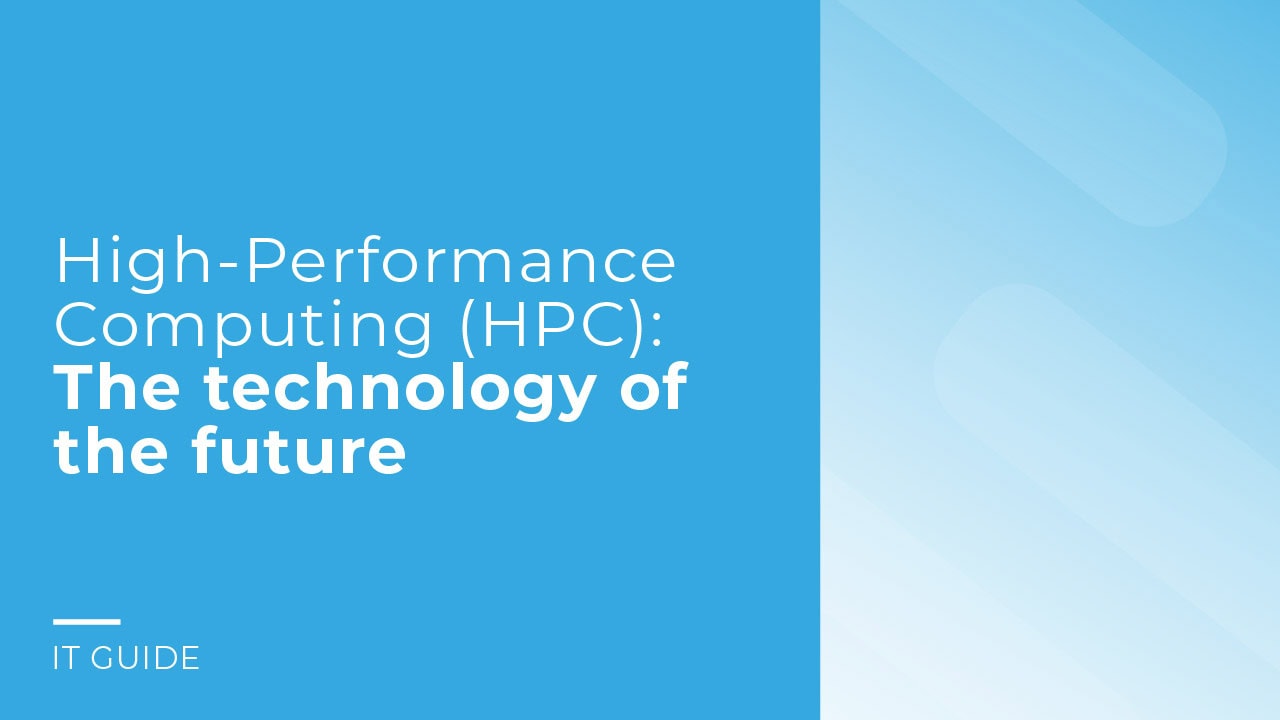
In today's increasingly digitalized world, high-performance computing solutions play a central role. Processing huge amounts of data in real time, handling complex calculations and developing innovative technologies would be almost inconceivable without these systems. High Performance Computing (HPC) opens up new possibilities by going far beyond the limits of conventional computers.
In this blog post, we take a look at the world of HPC and explore the benefits and applications of this ground-breaking technology.
HPC stands for “High Performance Computing” and is also known as supercomputing. This technology uses a combined computing power that far exceeds the capacities of conventional computers. Large amounts of data can be processed very quickly by networking several computers and storage devices.
With the increasing amount of data generated by technologies such as the Internet of Things, artificial intelligence and 3D imaging, the ability to process data in real time is becoming increasingly important. HPC solves these complex problems in real time. Companies are increasingly moving their HPC applications to the cloud, which improves the efficiency of product development and research, for example, it reduces the creation of prototypes.
HPC systems, which use clusters of powerful processors, are faster than normal desktop or server systems. They solve complex problems on a multidimensional level and at very high speeds - also known as big data. Supercomputers used to dominate in this area, but they are now being replaced by cloud-based HPC services.
HPC has been crucial to research and innovation for decades. It enables engineers and scientists to solve complex problems faster and more cost-effectively than with conventional computers. HPC also generates significant discoveries and technological advances that improve the quality of life worldwide.
HPC enables important advances such as DNA sequencing, automated stock trading or even AI applications for self-driving cars. It is therefore a technology of the future that can create competitive advantages. The BMBF also highlights the future importance of HPC. Further information can be found on the BMBF website (only in german).
Advantages of HPC:
How does HPC work?
HPC is used when tasks are too large for a single computer. HPC clusters - groups of networked computers - work together to process large amounts of data quickly. They are an amalgamation of several networked high-speed servers with a central scheduler; more precisely, an HPC cluster comprises 100,000 or more nodes. They are also connected to the data storage, which makes it easier to capture the output. Such clusters are often created or removed automatically in the cloud to reduce costs.
Types of workloads:
Main components of HPC
These components must work well together to optimize performance. If there is a delay in one component, the overall performance can be affected.
Scaling and performance
HPC systems distribute calculations across many resources, which increases performance. A single server can benefit from parallel processing. HPC clusters, on the other hand, which use thousands of nodes, offer the greatest performance gains. In HPC clusters, all components such as networks, storage and memory are optimized for high speed. Low latency components are also important to maximize overall performance.
Some areas of application:
HPC can be combined with artificial intelligence, combining HPC with machine learning to improve advances in these application areas.
We offer a range of HPC devices, including the Cisco Nexus switches and the Cisco UCSC-GPU-VGXK2 module.
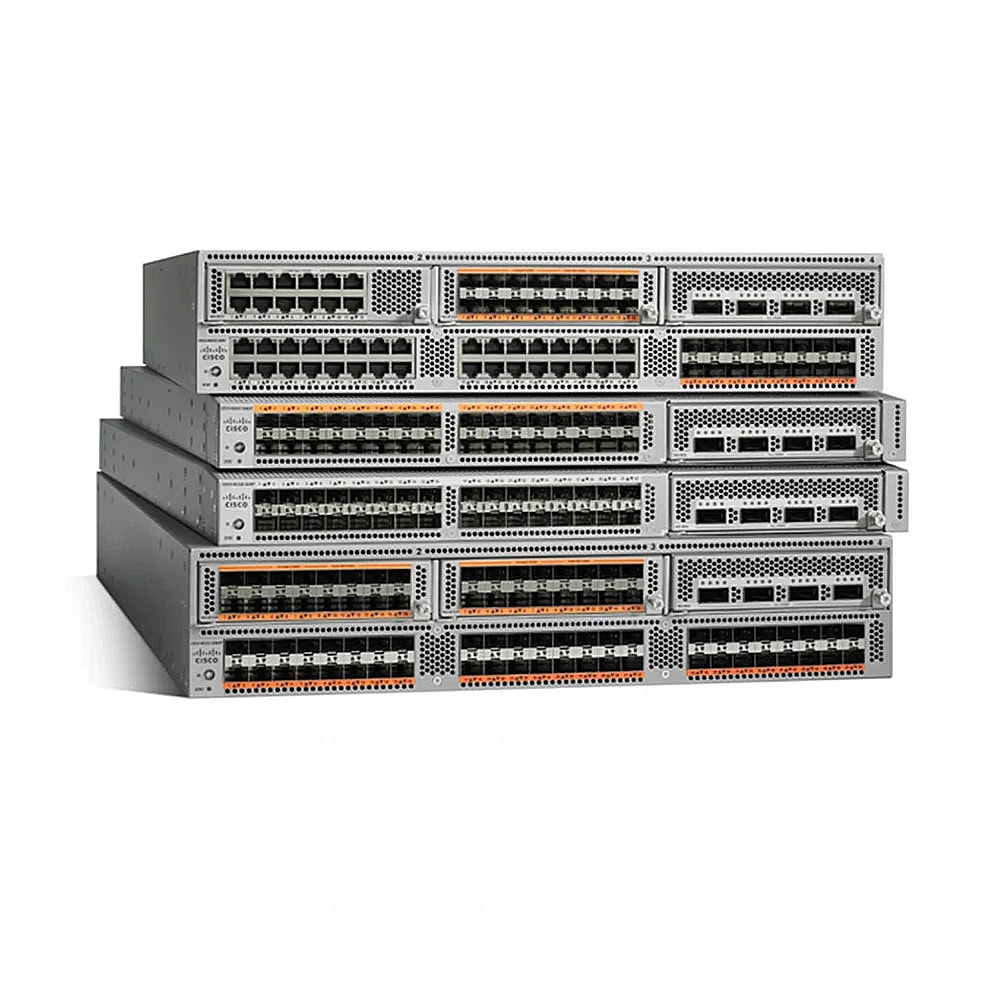
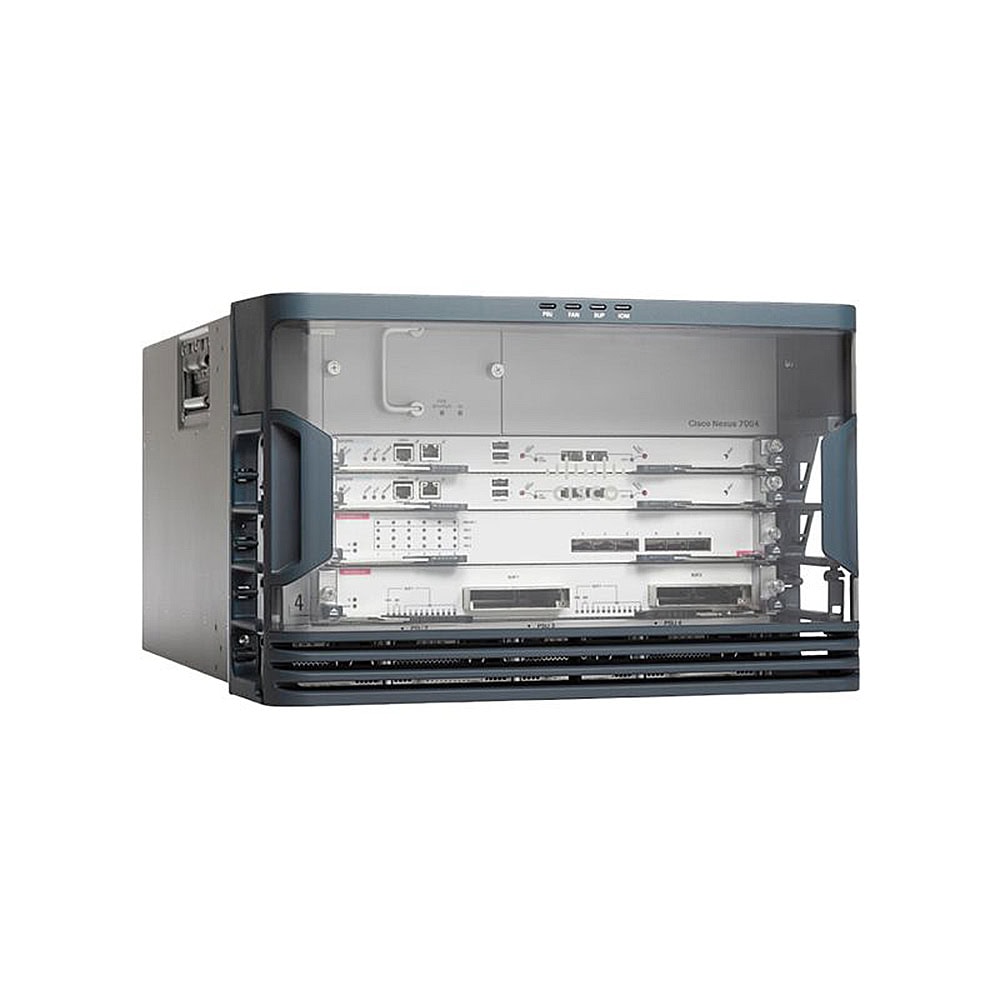
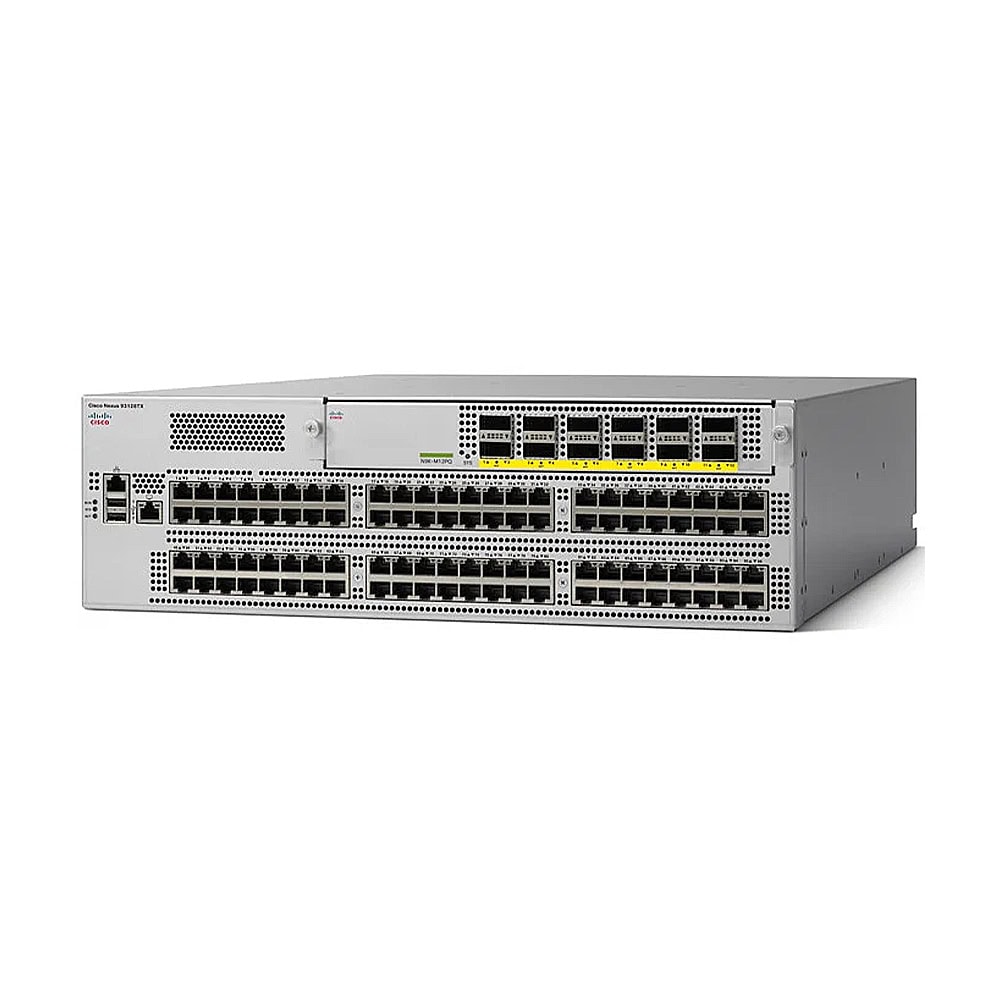
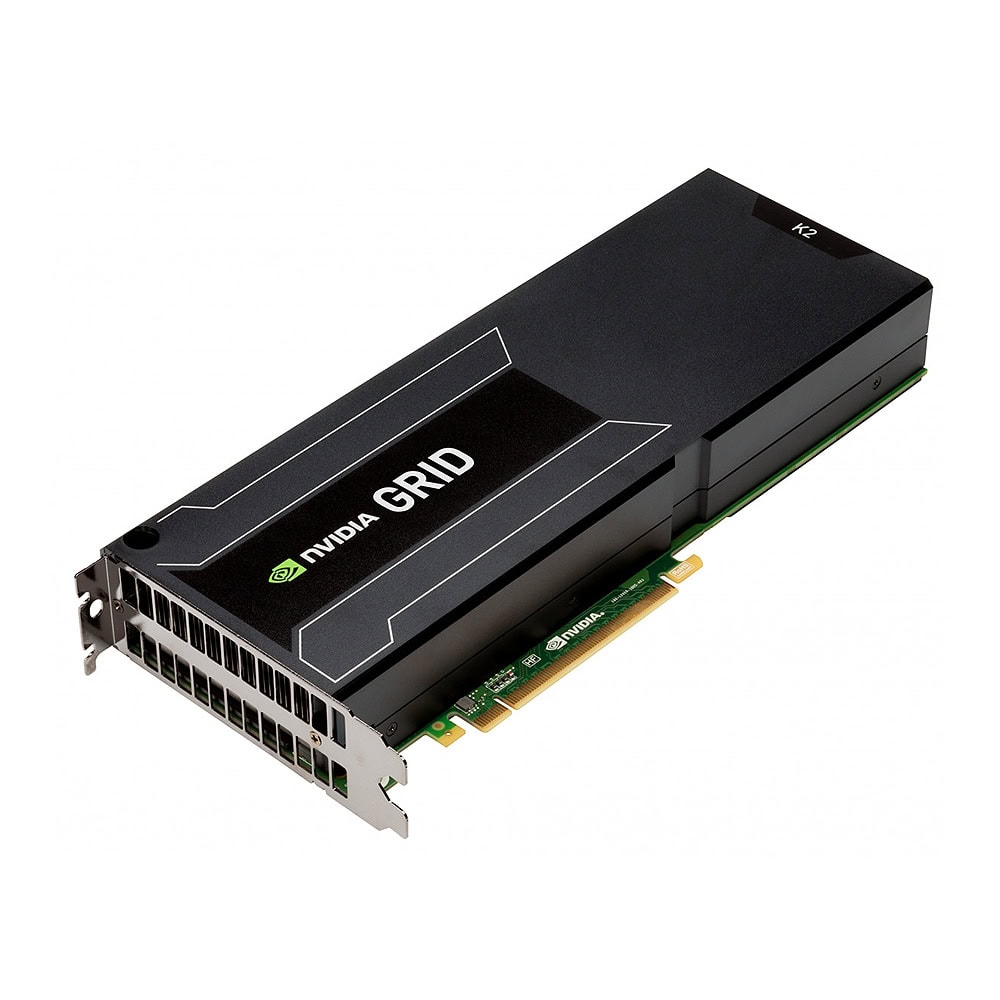
High Performance Computing has established itself as an indispensable technology that enables significant progress in numerous areas. From precise data processing to the development of innovative solutions, HPC ensures that complex tasks are solved efficiently.
As this technology continues to evolve, new horizons are opening up that could further transform the way we approach challenges. The integration of HPC into the cloud and the increasing connection with artificial intelligence offer exciting prospects for the future, which may have an even more far-reaching impact on science, business and society.
At IT-Planet, we not only offer HPC devices, but also other devices such as switches, routers, firewalls and access points. Discover excellent, high-quality products in our online store. You will find brands such as Cisco, SonicWall, multimatic and Eaton. Simply enquire about a project using our inquiry form.